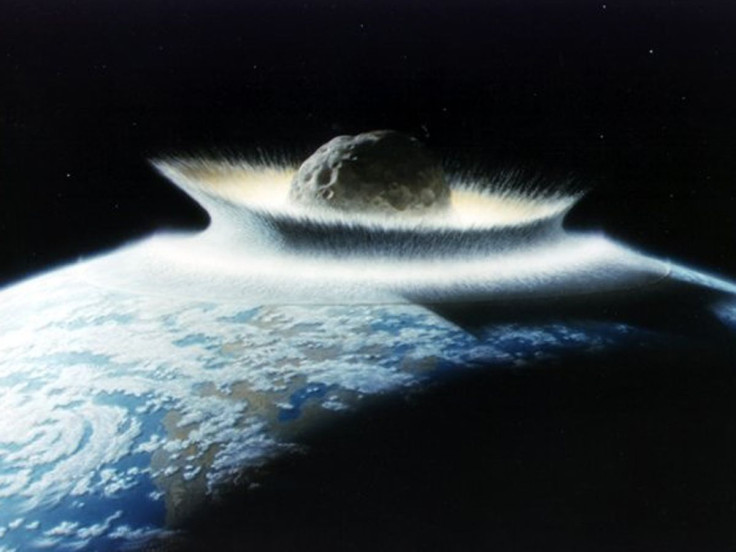New NASA Asteroid Study Reveals Impact Event Predictions Are Wrong

A new study by NASA researchers on asteroid impacts has reexamined the probability of Earth suffering from a catastrophic hit. The research was conducted by revisiting the destructive Tunguska Event in 1908.
In order to gain a better understanding of the likelihood of asteroid impacts on Earth, scientists from NASA’s Ames Research Center in California looked back on a similar event that happened over a century ago. Their study was published in the scientific journal Icarus.
On June 30, 1908, an asteroid estimated to be over 600 feet long entered Earth’s atmosphere and detonated mid-air near the Podkamennaya Tunguska River in Russia. The explosion, which was equivalent to 15 to 30 megatons of TNT, levelled about 770 square miles of forest.
Since the event happened about 111 years ago, not much is known regarding the asteroid that caused the explosion or if another similar event will happen again in the near future. However, based on limited information gathered from the Tunguska Event as well as new data on recent minor asteroid impacts, NASA was able to conclude that a similar impact event may happen every century.
Through a new study, a team of researchers discovered that the chances of an impact scenario similar to the Tunguska Event happening every 100 years is actually inaccurate. They were able to come up with their findings after comparing the incident to other impact events including the one that happened in Chelyabinsk, Russia in 2013.
The researchers plotted the statistical data they collected into computer models to determine the probability of large-scale impact events. According to their findings, the chances of a massive asteroid hitting Earth and destroying cities are likely to happen once in a millennium, which is certainly a big leap from NASA’s previous prediction of once in a century.
According to researcher Lorien Wheeler, the findings of the study offers concrete insight regarding the potential threat of future asteroid impacts.
“Recent advancements in computational models, along with analyses of the Chelyabinsk and other meteor events, are helping to improve our understanding of these factors so that we can better evaluate potential asteroid threats in the future,” she said in a statement.
© Copyright IBTimes 2024. All rights reserved.




















